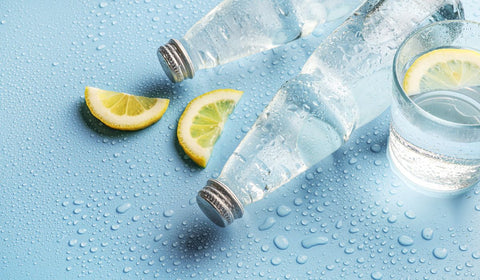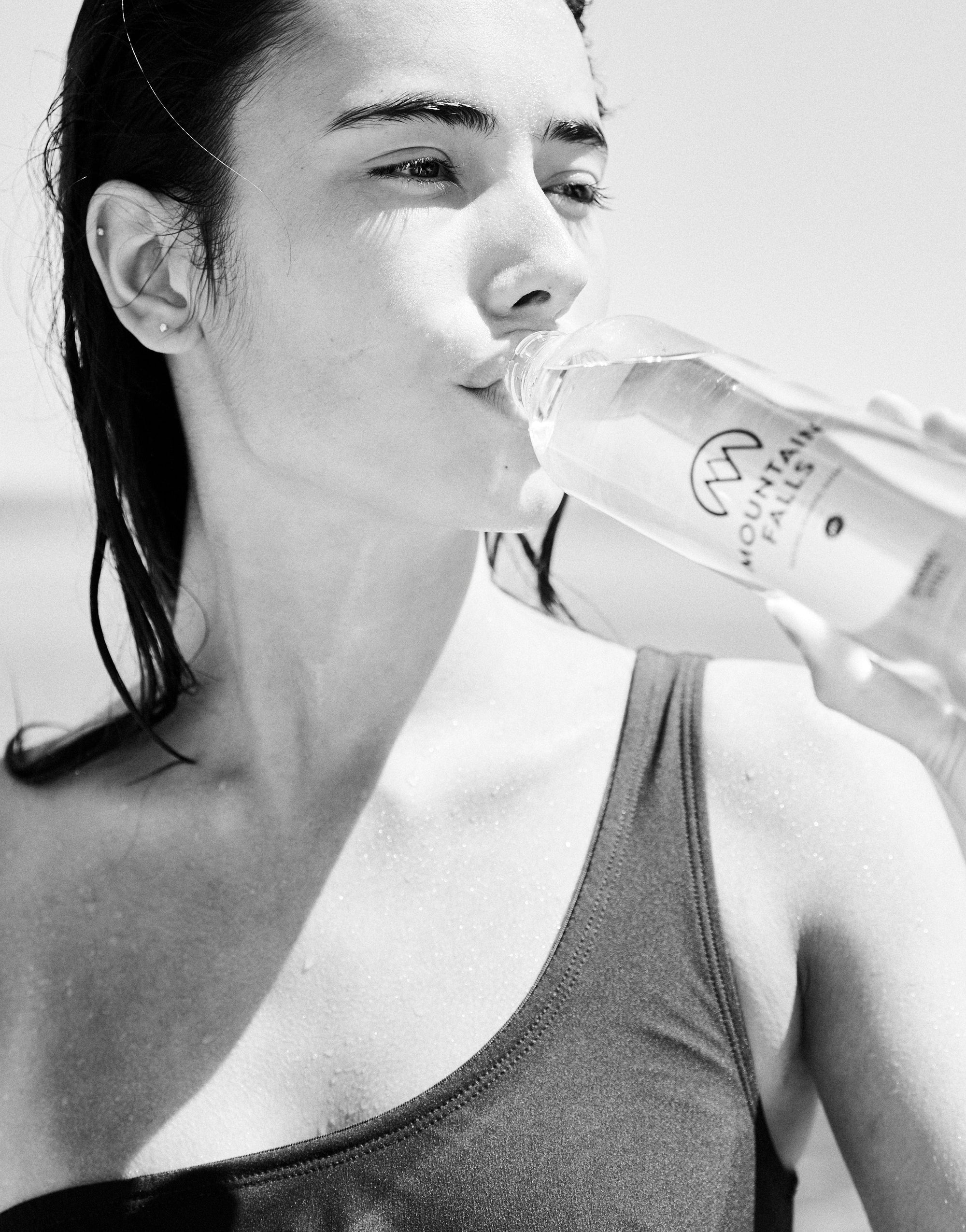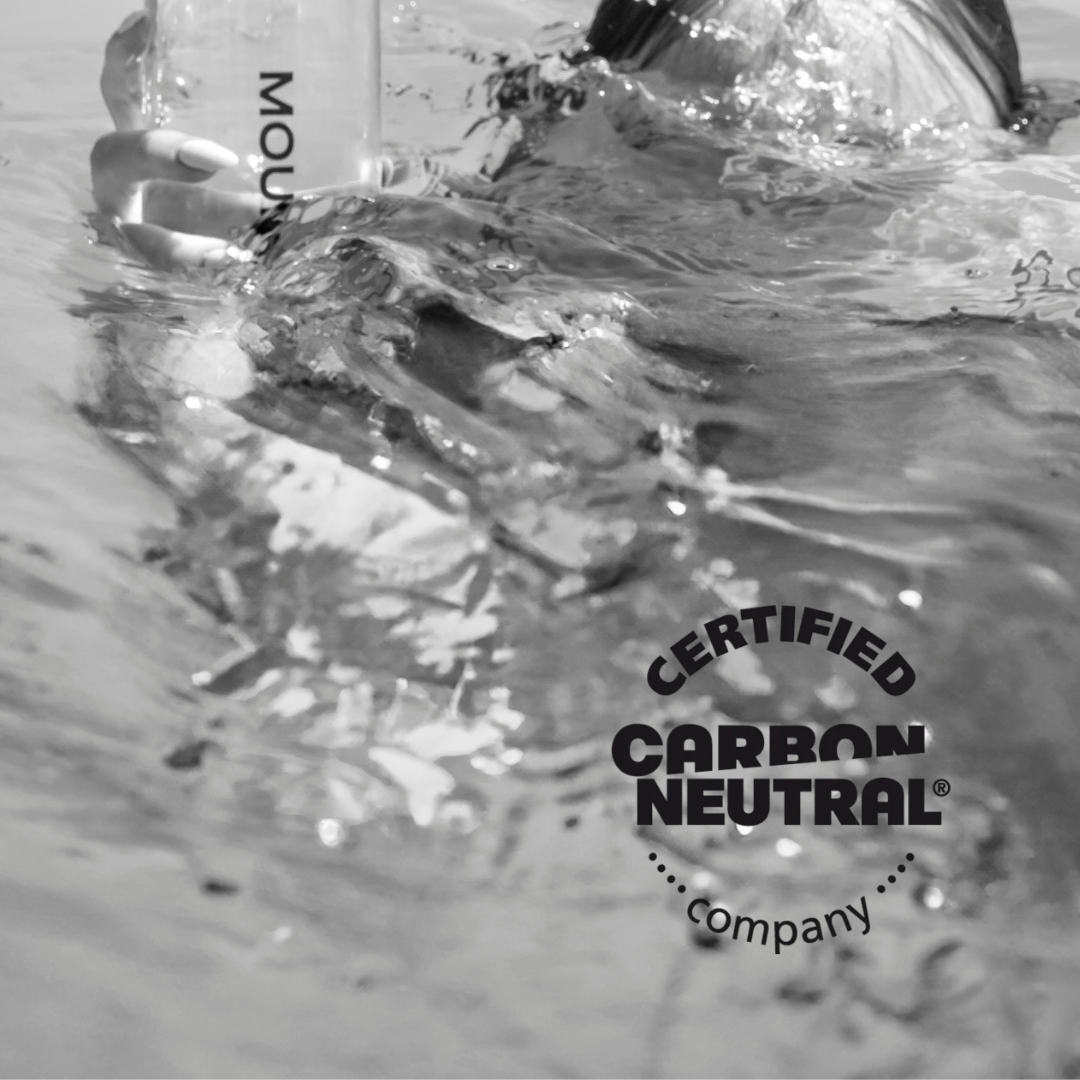Staying hydrated in South Africa’s diverse climate can be challenging, but it’s crucial for your health and well-being. With so much conflicting advice out there, it’s easy to fall for common hydration myths. Do you really need eight glasses of water a day? Is it true that coffee dehydrates you?
In this article, we'll debunk some of the most pervasive hydration myths and provide you with factual information to help you stay properly hydrated. Whether you're hiking in the Drakensberg or just trying to beat the summer heat in Johannesburg, understanding the truth about hydration can make all the difference.
Key Takeaways
-
Individual Hydration Needs Vary: The "8 glasses a day" rule is a myth; factors like body weight, activity level, and climate must be considered to determine personal hydration needs.
-
Thirst Isn't the Sole Dehydration Indicator: By the time you feel thirsty, you might already be dehydrated. Look for other signs such as dark urine, dry mouth, and fatigue.
-
Not All Fluids Hydrate Equally: Water, especially natural spring water, is superior for hydration compared to caffeinated or sugary beverages.
-
Overhydration is Rare but Possible: Though uncommon, overhydration can occur and lead to hyponatremia. Balance your water intake, especially during intense physical activities.
-
Hydrating Foods Are Valuable: Fruits and vegetables with high water content, such as cucumber and watermelon, contribute significantly to overall hydration and should be part of your diet.
Myth 1 - You Need to Drink 8 Glasses of Water a Day

Drinking exactly 8 glasses of water daily is a widely circulated hydration myth. While the "8 x 8" rule simplifies hydration guidelines, individual hydration needs vary considerably. Factors such as body weight, physical activity, age, and South Africa’s diverse climate play crucial roles in determining your water intake.
Studies, such as those by the Institute of Medicine, reveal that adequate intake is about 3.7 litres for men and 2.7 litres for women per day, from all beverages and foods. Therefore, relying solely on the 8-glass rule might not ensure proper hydration for everyone.
Signs of Dehydration
Recognising dehydration signs is vital. Symptoms include dry mouth, fatigue, reduced urine output, and dark-coloured urine. These are your body's indicators signalling the need for more fluids.
Sources of Hydration
Besides water, hydrating foods like fruits and vegetables contribute significantly. For example, watermelon and cucumber, common in South African diets, contain high water content. Including these in your meals helps maintain hydration levels.
Natural Spring Water Benefits
Opting for natural spring water, such as Mountain Falls Water, ensures you access pure, mineral-rich hydration. Natural mineral spring water supports your body's functions better than plain water, providing essential minerals like calcium and magnesium.
Customising Your Hydration
Your hydration needs should match your lifestyle. If you're hiking in the Drakensberg or enduring Johannesburg's summer heat, increased fluid intake becomes essential. Always listen to your body’s thirst signals and adjust your water consumption accordingly.
Debunking hydration myths allows you to focus on understanding your personal hydration needs rather than adhering to blanket rules. Proper hydration involves a balance tailored to your unique circumstances and environment.
Myth 2 - Thirst is the Only Indicator of Dehydration
Thirst is not the sole indicator of dehydration. In fact, by the time you feel thirsty, you might already be dehydrated. Several other signs indicate dehydration.
Signs of Dehydration
Look for signs when assessing your hydration needs. Common symptoms include dark yellow urine, dry mouth, headache, fatigue, and dizziness. Monitoring these can help ensure proper hydration.
Importance Beyond Thirst
Focusing only on thirst can mislead you, especially in South Africa's diverse climates. Whether hiking in Drakensberg or tackling Johannesburg's heat, sweating as a result of physical activity heightens the risk of dehydration without thirst awareness.
Hydration Tips
Adopt several hydration tips to maintain proper hydration:
-
Monitor Urine Colour: Aim for pale yellow.
-
Incorporate Hydrating Foods: Consume watermelon and cucumber.
-
Plan Water Intake: Don't wait to feel thirsty.
If you're considering natural spring water sources, they provide pure hydration. Mountain Falls' natural mineral spring water is an excellent option. It's sourced directly from springs, ensuring quality and essential minerals.
Debunking Hydration Myths
Understanding these hydration facts helps debunk common hydration misconceptions. Thirst isn't your body's only alarm. Ensure consistent hydration to stay healthy and energised.
Recognising the diverse signs of dehydration and focusing on hydration beyond thirst is crucial. This approach ensures you stay adequately hydrated whether you're engaging in daily activities or exploring South Africa's scenic terrains.
Myth 3 - All Fluids Hydrate Equally

Understanding Different Fluids
Water, caffeinated drinks, and sugary beverages don't hydrate equally. Water remains the best option for proper hydration. It's free from sugars and caffeine that can influence hydration levels. Natural spring water, like Mountain Falls, provides essential minerals that support bodily functions.
Why Some Beverages Dehydrate
Caffeinated drinks, such as coffee and some teas, can be slightly dehydrating. Although the myth persists that they dehydrate significantly, it's more accurate to say they contribute to your daily fluid intake, but less effectively than water. Sugary beverages, like sodas and energy drinks, can also impact your hydration status. Elevated sugar content can lead to increased urination, potentially contributing to dehydration.
Benefits of Natural Spring Water
Natural spring water offers unique benefits. Mountain Falls water, sourced from South Africa's natural springs, contains beneficial minerals like calcium and magnesium. These not only aid in hydration but also support overall health. Drinking natural spring water ensures you're getting quality hydration without added sugars or artificial ingredients.
Debunking Common Hydration Misconceptions
-
Hydration Myths: Not all fluids hydrate equally, debunking a common misconception.
-
Hydration Facts: Water and natural spring water, specifically, are superior for hydration.
-
Proper Hydration: Opt for beverages like Mountain Falls natural mineral spring water for optimal hydration.
Practical Hydration Tips
For maintaining hydration:
-
Prioritise water and natural spring water.
-
Limit caffeinated and sugary beverages.
-
Monitor urine colour as an indicator of hydration.
-
Incorporate hydrating foods, such as watermelon and cucumber, into your diet.
Understanding the differences between various fluids and their effects on the body helps in making informed hydration choices. Prioritise natural spring water to benefit from its minerals and proper hydration benefits.
Myth 4 - You Can Overhydrate Easily
Overhydrating is less common than dehydration, but it's not impossible, especially in extreme cases. Overhydration, or water intoxication, occurs when you consume more water than your kidneys can excrete. This leads to an imbalance of sodium levels in the blood, known as hyponatremia.
In South Africa's climate, particularly during activities like hiking in the Drakensberg or spending a hot day in Johannesburg, proper hydration is crucial. However, it usually requires consuming extreme amounts of water in a short time to reach overhydration. For most individuals, maintaining appropriate hydration levels without crossing into overhydration is straightforward with mindful drinking habits.
Hydration Needs
Your body's hydration needs depend on many factors, including body weight, activity level, and environmental conditions. You should adjust your water intake based on these factors rather than adhering to rigid rules like the proverbial "eight glasses a day." Monitoring urine colour (light yellow indicates proper hydration) can help determine your hydration status.
Signs of Overhydration
Be aware of symptoms of overhydration, such as nausea, headache, confusion, and excessive urination. These signs often overlap with dehydration, so understanding the context of your water intake and physical activity is key to interpretation. Overhydration can be mitigated by sensible water consumption, especially during strenuous activities or in extreme heat.
Hydration Myths and Facts
Debunking hydration myths is essential for proper hydration management. While drinking water is crucial, overconsumption leads to potential health risks. Balance is key; the aim is to stay hydrated without overdrinking. Knowing the facts about hydration aids in making informed decisions.
Incorporating hydrating foods into your diet, such as watermelon and cucumber, helps maintain hydration levels and provides additional nutrients. Moreover, choosing natural spring water, like Mountain Falls’ mineral spring water, offers essential minerals that support overall health while hydrating effectively.
Use these hydration tips to avoid overhydration and maintain proper hydration in South Africa's diverse climates and conditions.
Myth 5 - Drinking Water is the Only Way to Stay Hydrated
Water is a vital component for achieving proper hydration, but it's not the only source. Many hydrating foods, including fruits and vegetables, contribute to your daily water intake. Foods like cucumbers, watermelons, and oranges are excellent examples, containing high water content. These foods can be particularly helpful in South Africa's warm climate.
Proper hydration goes beyond just drinking fluids. If your hydration needs require alternatives, consider beverages like herbal teas or milk. Though dehydration signs indicate the importance of water, incorporating diverse sources of hydration can supplement your intake.
Debunking common hydration misconceptions helps in making informed decisions. For instance, South Africans might favour mountain falls water for its purity and taste. However, the benefits of natural mineral spring water extend to varied hydration methods, not restricted to direct water consumption.
Remember, overhydration is a concern too. Monitoring your intake, especially with natural spring water options, ensures balanced hydration. Including diverse hydrating foods and beverages in your diet will support maintaining adequate hydration levels in South Africa's diverse climate.
Myth 6 - Cold Water is Bad for Digestion
Contrary to popular belief cold water doesn't harm your digestion. While some claim it can solidify fats in your stomach there's no scientific evidence supporting this. Drinking cold water can actually be refreshing especially in South Africa's warm climate.
Understanding hydration myths helps you make informed choices. By incorporating a variety of hydrating foods and beverages you can maintain optimal hydration. Embrace a balanced approach and stay hydrated to support your health and well-being.
Frequently Asked Questions
Why is hydration important in South Africa's climate?
Staying hydrated is vital in South Africa due to its diverse climates, which can be very hot and dry in some areas. Proper hydration helps maintain body functions, prevents dehydration, and supports overall health and well-being.
How can I tell if I'm dehydrated?
Common signs of dehydration include dry mouth, fatigue, dizziness, and dark-coloured urine. It's important to drink fluids regularly and pay attention to these symptoms, especially in hot weather.
Is drinking water the only way to stay hydrated?
No, while water is a great option, hydrating foods like fruits and vegetables, herbal teas, and milk can also help meet your hydration needs.
Are there any myths about hydration?
Yes, one common myth is that overhydration is dangerous for most people. While it can be an issue, it's rare. A balanced intake, including natural spring water and hydrating foods, is recommended.
Can foods contribute to my hydration levels?
Absolutely! Foods like cucumbers, oranges, and watermelons have high water content and can significantly contribute to your daily hydration needs.
What are good alternative beverages for hydration?
Herbal teas and milk are excellent alternatives to water for staying hydrated. These beverages provide additional nutrients and can be more enjoyable for some people.
How can I stay hydrated during intense physical activity?
For intense physical activity or in hot climates, consider electrolyte drinks along with water. They help replenish lost minerals and fluids efficiently.



